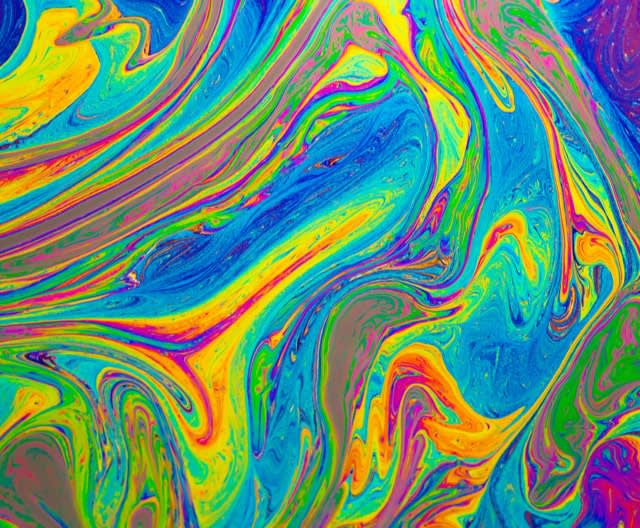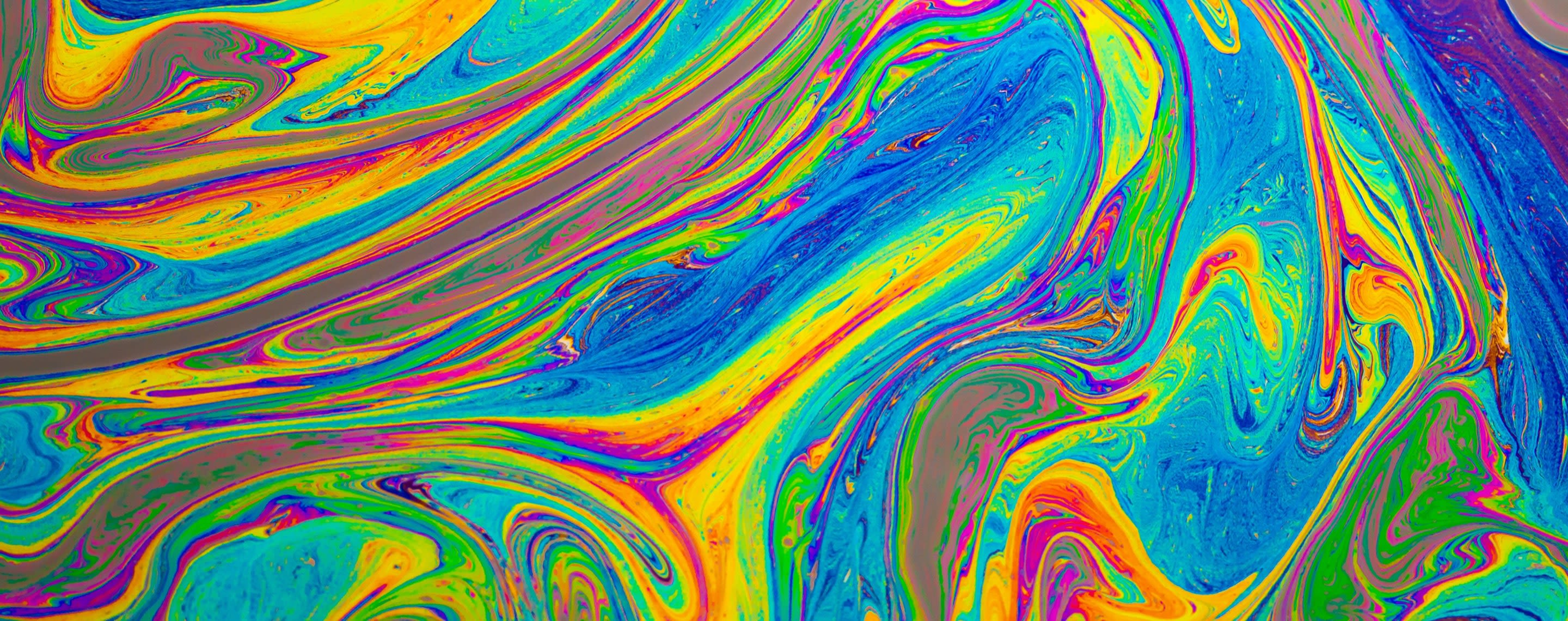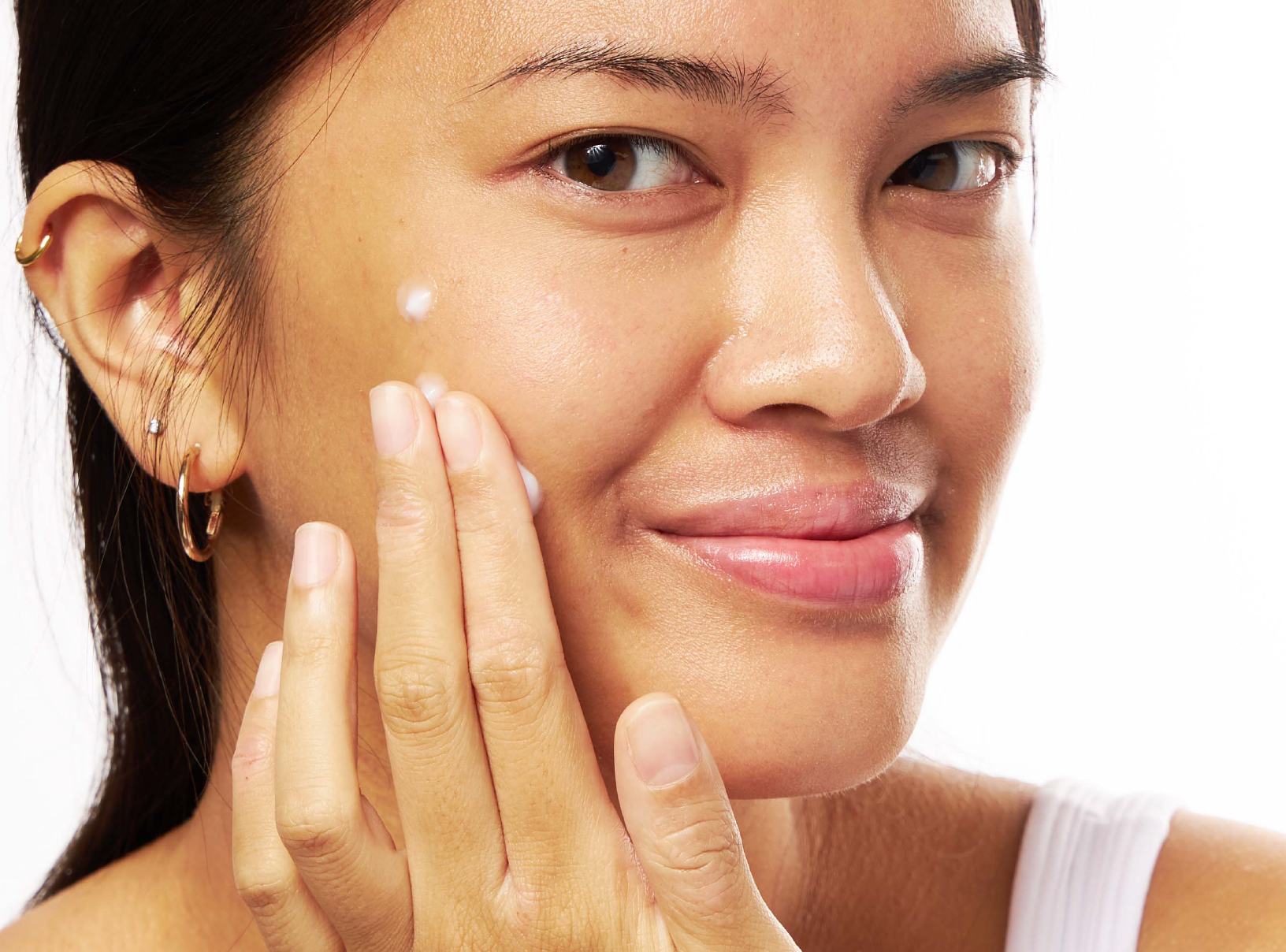Deep Dives
Fragrance and Fenty: The Controversy and the Science


SHARE
Deep Dives
Fragrance and Fenty: The Controversy and the Science
Medically reviewed by Aimee Paik, MD
Written by Lisa Guerrera
Last updated 8/1/2024
Unless you’ve been living under a rock, you’ve probably heard of Fenty Skin– Rihanna’s newest beauty creation that stormed onto the skincare scene with nearly every beauty influencer reviewing the new line. But reviews of the products launched a debate on fragrance in skincare, with people arguing over the science and whether fragrance should be in skincare at all. This prompted popular skincare influencers like James Welsh to post a 20 minute long video chatting about the controversy and emphasizing the need for the skincare community to listen to experts when it comes to fragrance. While the skincare community has adopted an unspoken no fragrance policy, is fragrance really something to fuss over? Spoiler alert: as with most skincare chemistry, it’s not as black and white as you may think!
What is “fragrance” anyways?
Fragrances are complex mixtures of natural and synthetic chemicals that come together to make a particular smell in our products. They can be made from all synthetic materials in a lab or all plant derived oils and extracts, or a mixture of both. Most fragrances are made of a mix of volatile compounds that evaporate off the skin quickly and oils that can linger on the skin, which can cause irritation depending on the substance.
How can you spot it on an ingredients list?
Fragrance can be used in varying amounts and listed in different ways so it’s hard to know how you may react based on the ingredients list. You may see fragrance listed as “fragrance” or “parfum” on ingredient labels, usually toward the bottom of an ingredient list. Fragrance is typically used in skincare at less than 1% concentration and around 0.5% for most facial skincare. While most ingredients need to be listed out one by one, fragrance mixtures can simply be labeled as “fragrance” in products because they are trade secrets in the cosmetics industry. This makes “fragrance” a black box for consumers and makes it difficult to decipher what ingredients in that fragrance might be triggering to folks with allergies or sensitivities. There are a few initiatives to make “fragrance” more transparent– from EU laws requiring disclosure of the top 26 fragrance allergens, to beauty retailer Credo’s “Radical Fragrance Transparency” policy.
It’s important to note that just because a product doesn’t have “fragrance” on its ingredients list, doesn’t mean it’s free from any fragrant ingredients. Many essential oils like lavender oil, and plant extracts like orange or rose extracts, are fragrant ingredients that can be added in for both fragrance and other skin benefit claims. While this product may be listed as “fragrance-free” it's not technically free of fragrant ingredients.
But why is it in skincare?
There’s a long history of fragrance being used in cosmetics, and while we’ve gotten more advanced with the formulations, there's still the cultural idea that luxury skincare needs to "smell expensive” ie. fragranced.
Fragrance may seem frivolous and unnecessary but they can serve important emotional functions to certain consumers. Sometimes they’re used to create a certain impact, like the “salon shampoo” smell you might be familiar with, or they're used to mask the actual smell of a product that might be unpleasant. In reality, many skincare products might smell like crayons (or even hot dogs) if fragrance or other fragrant ingredients weren't added to the formula.

Truth be told, a lot of people use skincare for both function and pleasure. Scent may be a defining factor in choosing skincare products. For example, it’s important people wear sunscreen, but if someone hates the smell of unscented sunscreen, they may opt for a fragranced one, which can be good because they are regularly using a sunscreen they enjoy. Companies understand that certain segments of consumers either want their products to smell nice, or want their products to smell like nothing. Both of which may require added fragrance.
Should you avoid fragrances?
Fragrance has long been a hot button issue in the beauty community, with more influencers preaching a “fragrance-free” approach to skincare. While it can be difficult for most consumers to go truly “fragrance-free” it's the advice most dermatologists and popular skincare influencers would give.
However, this is not as black and white as it may seem. A few things to think about when considering fragrance in skincare:
Formula is a defining factor. Just because there's “fragrance” or fragrant ingredients in your skincare, doesn't mean you will be sensitive to it. Cosmetic chemists can change the compositions of fragrances to omit common allergens, change the amount they use in the formula to reduce potency, and they have control over the skincare product itself, which can help or hinder fragrance irritancy potential. For example: some people are ok with fragrance in wash-off skincare products like face wash, but not in leave-on products like moisturizers. Unfortunately, the caveat is that consumers don't get insight into how a fragrance was developed.
Most people may not have an issue with fragrance irritation: It’s estimated that 1.7-4.1% of people have a fragrance sensitivity. At risk populations include women with facial and hand eczema. While experts suggest this sensitivity is on the rise, the vast majority of people won’t have much issue with fragrance in modern skincare formulations.
At the end of the day, fragrance tolerance and preference is highly personal. Experts have their own philosophies on fragrances, which can further confuse consumers as to whether they should avoid them or not.
Here’s what Dr. Aimee Paik, board-certified dermatologist has to say about fragrance:
“The biggest concern from fragrance is contact dermatitis, i.e. a rash from using it. Fragrance is one of the most common causes of an allergic contact dermatitis (akin to a poison oak type rash)... Even though most patients won’t be allergic, I think there is a good portion of patients who will be.”
This is an important point to emphasize because patients with existing skin conditions and compromised skin barriers may be more susceptible to irritation from fragrance. She explains that, “...patients who have more sensitive skin should avoid [fragrance], especially patients who are prone to getting rashes.”
Dr. Paik adds on about her philosophy when it comes to fragrance, “It’s not adding anything to skin care products (other than smell). There’s no health benefit for the skin. So my tendency is to avoid it because of the possibility of an allergic reaction.”
Personally? I love fragrance in my body care and hair care, but I tend to avoid them in my facial skincare routine. I don’t have a long history of fragrance allergies, but I do have a history with eczema so I’m always on the lookout for products low in fragrance and fragrant ingredients like essential oils and plant extracts as per Dr. Paik’s advice. 🙇♀️
Fenty Skin, while it was a much anticipated launch, also opened up a more nuanced dialogue around fragrance in skincare. But at the end of the day whether you care for fragrance or not, what matters most is listening to your skin. You can avoid fragrance if you’re at risk of irritation or seeing issues from using products with it. If you’re worried about any skincare products causing irritation or contact dermatitis, please see a dermatologist who can sort you out.
Like what you just read? Sign up for our email list to get the scoop on skincare science delivered straight to your inbox.

Deep Dives
A dermatologist shares his thoughts on the recent studies about benzoyl peroxide and benzene.
Read More
Education
What is milia?
What is milia? Today, we’re jumping into one type of bump that you may have heard about most commonly in infants — milia.
Read More
Education
Best moisturizer for acne-prone skin
If you have combination acne-prone skin, figuring out which moisturizer is best for your skin might be tough. In this guide, we break down the best moisturizer for combination, acne-prone skin.
Read More
